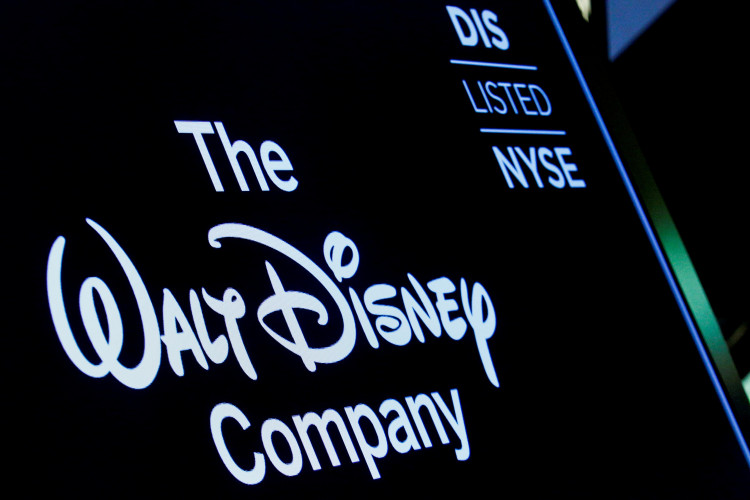More than 20 Disney-owned channels, including ESPN, ABC, and National Geographic, disappeared from YouTube TV after Google and Disney failed to renew their carriage agreement, escalating a standoff over distribution fees that could reshape the streaming-TV landscape.
The contract expired at 11:59 p.m. ET on October 30, leaving subscribers without access to some of the country's most-watched sports and entertainment networks. Google said in a statement that Disney was "proposing costly economic terms that would raise prices on YouTube TV customers," while Disney accused Google of refusing to pay fair market rates for its content.
"We know this is a frustrating and disappointing outcome for our subscribers," YouTube TV said in a late-night post. "We continue to urge Disney to work with us constructively to reach a fair agreement that restores their networks to YouTube TV." The company said that if the blackout persists, subscribers will receive a $20 credit.
Disney countered that YouTube TV "has chosen to deny their subscribers the content they value most by refusing to pay fair rates for our channels, including ESPN and ABC," adding that Google was "using its market dominance to eliminate competition and undercut the industry-standard terms," according to a statement to Variety.
The blackout affects a wide range of Disney channels, including ESPN2, ESPNU, FX, FXX, Freeform, Disney Channel, SEC Network, and Nat Geo Wild, as well as Spanish-language networks such as ESPN Deportes and Nat Geo Mundo. Recordings and on-demand programs tied to those channels have also been removed from users' libraries.
Inside Disney, top executives sought to rally employees as the dispute intensified. In a memo to staff, Disney Entertainment co-chairs Dana Walden and Alan Bergman, along with ESPN Chairman Jimmy Pitaro, said YouTube TV's actions "make clear how little regard they have for their customers and are consistent with an attitude which has been prevalent throughout our negotiations." The executives accused Google of wanting "to use their power and extraordinary resources to eliminate competition and devalue the very content that helped them build their service."
They defended Disney's position, citing years of investment in live programming. "At ESPN and ABC in particular, we have made significant investments in programming, including the best line-up of live sports in the industry - bar none," the executives wrote, pointing to 13 of the top 25 college football teams airing on Disney platforms this weekend and Monday Night Football on ABC.
Google, in turn, accused Disney of weaponizing the threat of a blackout. "Last week Disney used the threat of a blackout on YouTube TV as a negotiating tactic to force deal terms that would raise prices on our customers," a company spokesperson said. "They're now following through on that threat."
The companies have clashed before - a similar dispute briefly pulled Disney channels from YouTube TV in 2021 before a last-minute resolution. Industry analysts note that YouTube TV's rapid growth has put it on track to become the largest pay-TV provider in the United States, making carriage negotiations with major media companies increasingly contentious.
Disney has urged subscribers to switch to alternative platforms such as Hulu + Live TV or Fubo, which continue to carry its networks, while Google said it remains open to renewed talks.





